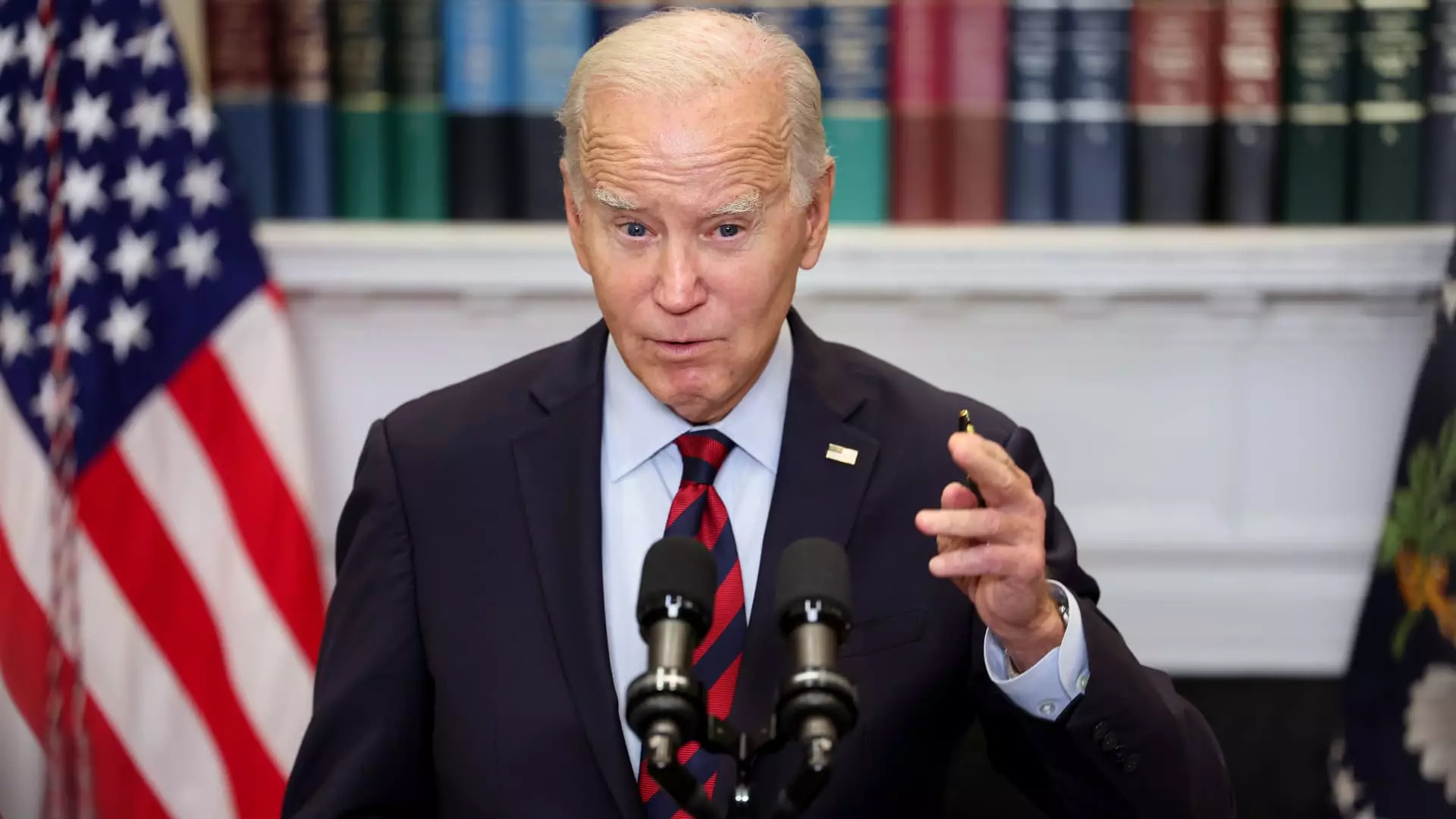A recent ruling by the 8th U.S. Circuit Court of Appeals has put a temporary stop to the implementation of the Biden administration’s new student loan repayment plan, also known as SAVE. This decision has sparked concerns and uncertainties among borrowers who were expecting relief under this plan.
The Saving on a Valuable Education (SAVE) plan, introduced by the Biden administration in the summer of 2023, has faced significant legal challenges since its rollout. The plan was marketed as the “most affordable student loan plan ever,” offering generous terms for income-driven repayment. However, critics have raised objections to the plan, particularly regarding debt forgiveness.
SAVE comes with two main provisions that have been targeted in the legal challenges. Firstly, it offers lower monthly payments than any other income-driven repayment plan, making it attractive to many borrowers. Secondly, it promises quicker debt erasure for those with smaller balances, providing much-needed relief to financially vulnerable individuals.
The legal challenges against the SAVE plan gained momentum when federal judges in Kansas and Missouri temporarily halted certain parts of the plan. Red states argued that the Education Department had overstepped its authority in implementing the plan, especially after the Supreme Court blocked a similar debt forgiveness initiative.
While the Biden administration has been successful in appealing some of the injunctions against the SAVE plan, the recent court ruling poses a new obstacle. The expedited forgiveness provision remains on hold, leaving many borrowers in limbo. The Education Department had already forgiven a substantial amount of student debt before the legal challenges intervened, highlighting the impact of policy changes on borrowers.
The temporary halt of the Biden administration’s student loan repayment plan raises questions about the future of debt relief initiatives. As legal battles continue and court decisions unfold, borrowers are left to navigate uncertainties regarding their financial obligations. The SAVE plan, with its promise of affordable repayment options and quicker debt erasure, remains a focal point of controversy and debate in the ongoing efforts to address the student loan crisis.

